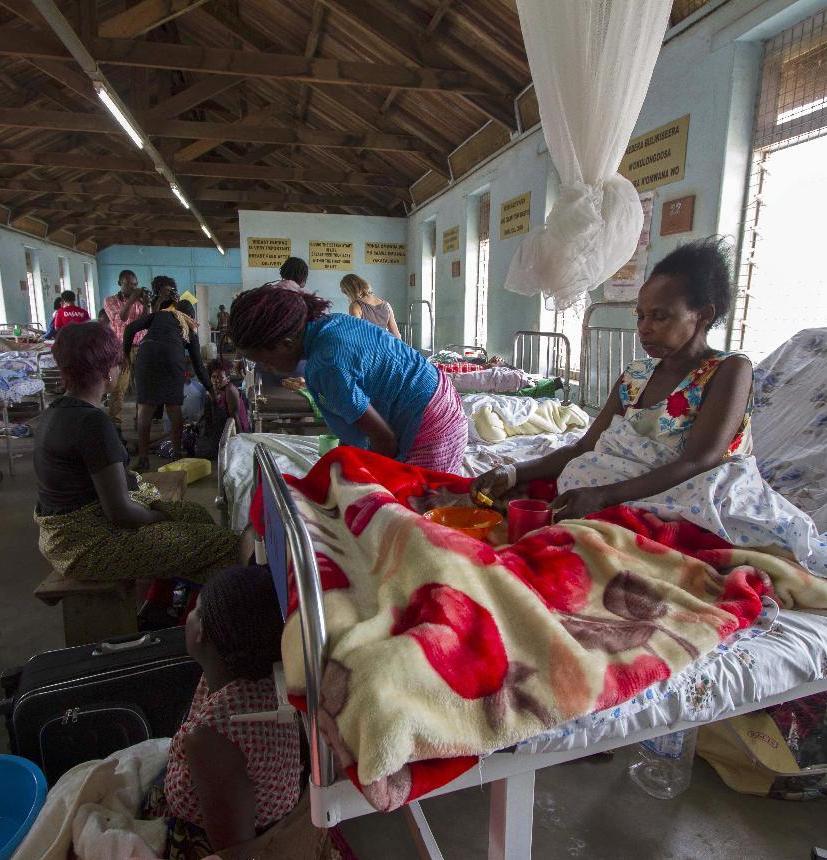Uganda sued in landmark medical ‘brain drain’ case
Raymond Mwesiga’s “darling kid sister” had much to live for, but when she needed medical help after a car crash, Uganda’s overstretched health system fatally failed her. Distracted by her toddler while driving her new car, 22-year-old Sandra Mbabazi had a “minor” accident and didn’t seem to be badly hurt when she went to a private health facility. “She had internal bleeding and needed quick attention,” Mwesiga, 34, told AFP. “But there were not enough skilled doctors to look at her. She had already lost a lot of time and they were still procrastinating about this and that, so she passed away,” he said. In Uganda, such stories of people dying because of medical neglect are all too common. But the Institute of Public Policy and Research (IPPR), a Ugandan think-tank, is now suing the government in what it says is one of the first ever public interest litigation cases concerning a medical “brain drain”.
She should still be alive.
Raymond Mwesiga, on his late sister Sandra
The case was prompted by government plans to “export” at least 241 medical workers to Trinidad and Tobago. The medics, according to a 2014 advertisement by Uganda’s foreign ministry, were requested by the Caribbean nation to “strengthen its health service sector”. But with the country plagued by a shortage of health workers, the IPPR argues that government recruitment of public health workers for another government violates the constitutional rights of Ugandans to access basic medical services. The group is seeking an interim injunction to halt the “imminent” export of the workers, with a hearing set for this week. Uganda’s attorney general has argued that it is the constitutional right of all professionals to seek gainful employment anywhere, while the ministry of health says it had not been involved in the recruiting process.
Our health systems are weak because of our inability to retain medics. The case will settle jurisprudence on an issue that has afflicted Africa for ages, as revealed by the recent Ebola outbreak.
IPPR director Justinian Kateera

Health